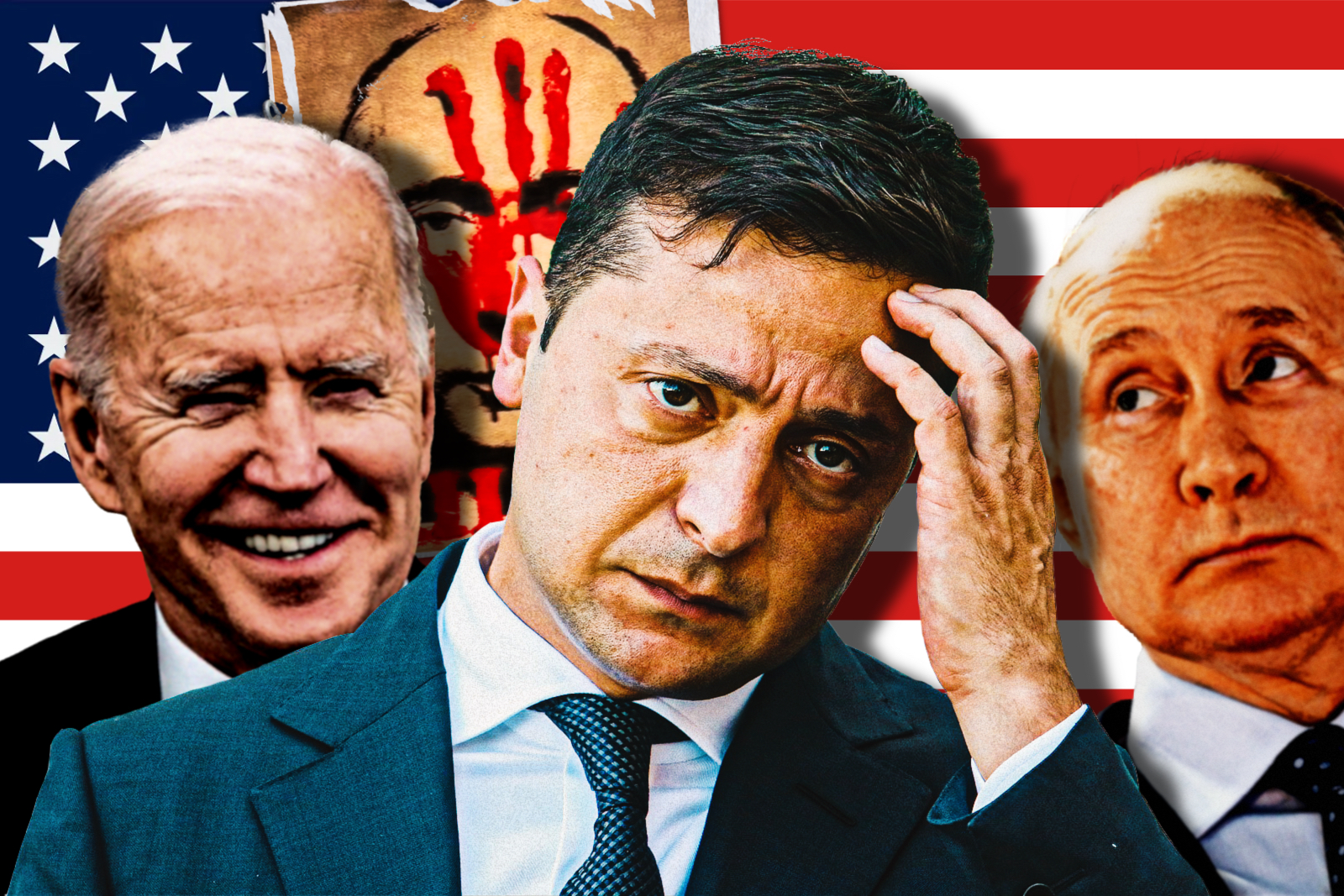
It’s Time for Some Awkward Questions on the Ukraine War.
Russia’s war in Ukraine is two years old. It is highly costly, both physically and financially. It has resulted in over 20,000 people killed, and more than 17 million people in need of humanitarian assistance.
In an unprecedented display of financial commitment, the Biden administration, together with the U.S. Congress, has allocated approximately $75 billion in aid to Ukraine, according to the Kiel Institute for the World Economy. This substantial figure encompasses humanitarian aid, economic assistance, and military support, showcasing a multifaceted approach to the war.
The allocation of funds represents one of the most significant U.S. aid packages in recent history, underpinning a wide array of Ukrainian societal segments. Among the beneficiaries are displaced refugees, law enforcement agencies working under the strain of war, and independent media outlets such as radio broadcasters committed to preserving a free press in turbulent times. Notably, a considerable portion of the assistance is earmarked for military support, aligning with the Biden administration’s strategy to reinforce Ukraine’s defense capabilities.
Beyond the shores of the United States, an international coalition has emerged in support of Ukraine. Numerous countries, particularly NATO members and the European Union, have rallied to provide substantial aid packages. This collective effort underscores a global response to the crisis, aiming to stabilize the region and uphold international order.
Despite billions in aid, Ukraine made little progress in its 2023 counteroffensive. With the frontline now sitting in stalemate, it is time for the U.S. to rethink its policy toward the war in Ukraine.
The war between Russia and Ukraine challenges global peace and stability. However, with far-right Republicans in Congress blocking additional funds for Ukraine, it is necessary for the U.S. to reallocate resources towards peace talks. It is time for de-escalation and redirecting attention towards humanitarian aid and other foreign priorities.
The current U.S. response to the war relies on military and economic assistance to Ukraine, as well as economic and diplomatic sanctions against Russia. While these measures have had some impact, they have not succeeded in changing Russia’s calculus or addressing the humanitarian crisis. The lack of direct U.S. military intervention and the absence of a comprehensive strategy have limited the effectiveness of the current policy. Additionally, Congress’ extended debate over whether the United States should keep funding Ukraine’s war effort makes people question the sustainability of the current policy. Therefore, facilitating peace talks between Ukraine and Russia is the most viable cost-effective policy for the U.S. to bring about a resolution to the war.
Here are some reasons why peace talks are the right policy.
First, peace talks avoid direct confrontation with Russia. A withdrawal of military support for Ukraine would signal a commitment to de-escalating tensions in the region. By removing direct military involvement, the U.S. can help reduce the risk of further provocation and escalation of the conflict. In addition, it is a confidence-building measure that demonstrates a willingness to engage in genuine peace efforts.
Second, peace talks make possible the reallocation of resources for humanitarian efforts. The U.S. can redirect military assistance towards humanitarian assistance to address the immediate needs of civilians affected by the war. This may involve providing food, shelter, medical aid, and psychosocial support to displaced Ukrainians, as well as supporting efforts to rebuild infrastructure and restore essential services in conflict-affected areas in the long run.
Some have expressed concerns that holding peace talks with Russia condones Russian aggression. Peace talks represent a pragmatic shift toward seeking a sustainable and lasting resolution to the conflict in Ukraine through diplomatic engagement. In addition, by prioritizing diplomatic engagement, the U.S. reinforces the importance of dialogue, negotiation, and compromise in maintaining international peace and security. While there is no guarantee that Russia will cease its attacks on Ukraine in response to a change in U.S. policy, Russia did express its willingness to engage in diplomatic negotiations to resolve the conflict. Therefore, the withdrawal of military aid for Ukraine is a signal for de-escalation and creates incentives for Russia to engage in peace talks.
As the November U.S. presidential election approaches, the potential return of Donald Trump to the Oval Office looms large, bringing with it significant foreign policy implications. Trump, whose presidency was marked by a controversial affinity for Vladimir Putin, has, through direct and indirect statements and surrogates, intimated a stark shift in U.S. policy toward Ukraine should he be re-elected. This pivot potentially includes cutting Ukraine off and forcing it to accept whatever deal Vladimir Putin offers.
The crux of the matter lies in the strategic relationship between the United States and Ukraine, particularly in light of Trump’s public fawning over Putin. Analysts suggest that Ukraine, sensing the precariousness of future American support under a Trump presidency, may find it pragmatic to pursue a more immediate and advantageous settlement in the current conflict.
Further fueling these speculations, Hungarian Prime Minister Viktor Orbán, following discussions at Trump’s Mar-a-Lago Club in Florida, said on state television his understanding of Trump’s position. Orbán, who has shown pro-Russian tendencies by undercutting European efforts to assist Ukraine, asserted that Trump would withdraw financial and military support for Ukraine, potentially precipitating an expedited conclusion to the ongoing conflict. He posited that without American backing, and with Europe’s incapacity to sustain the financial burden alone, the cessation of hostilities could become inevitable.
“[Trump] will not give a penny into the Ukraine-Russia war and therefore the war will end. As it is obvious that Ukraine on its own cannot stand on its feet.” Orban continued: “If the Americans do not give money and weapons, and also the Europeans, then this war will be over. And if the Americans do not give money the Europeans are unable to finance this war on their own, and then the war will end.”
Reallocating resources toward peace talks is a pivotal shift away from the turmoil of war and embracing the language of peace. This policy allows Washington to focus on humanitarian efforts and other foreign priorities. While there is no certainty that Russia will end its attacks on Ukraine, we must explore all possibilities to offer a beacon of hope in the darkness of conflict and to build a peaceful world for the future of mankind.
